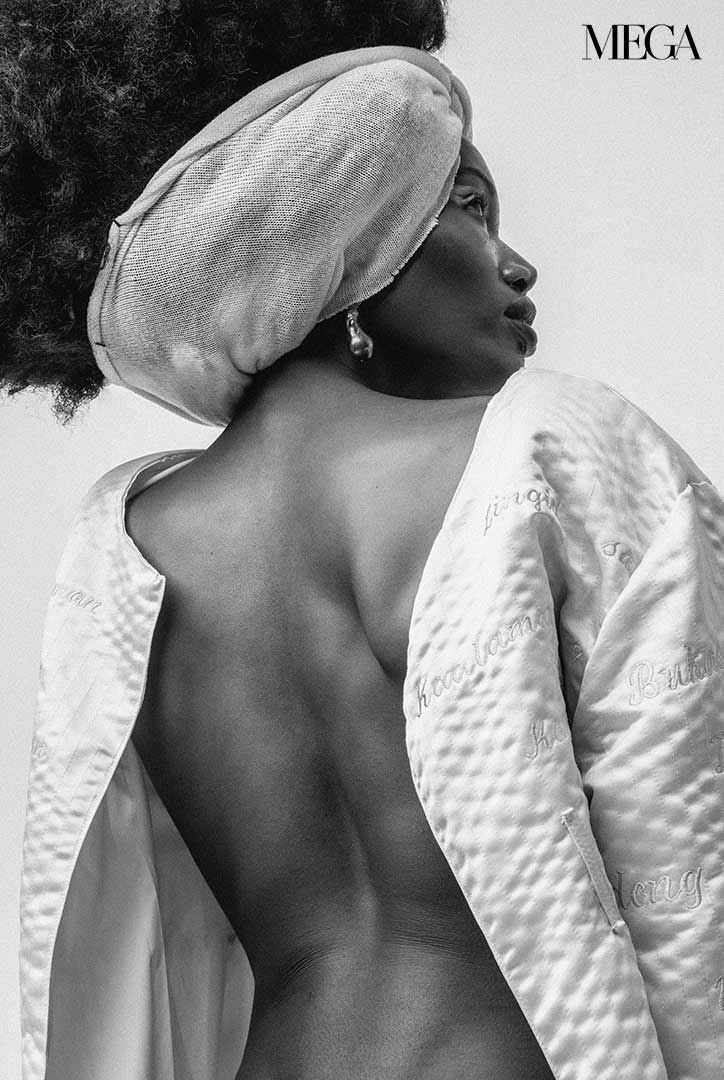Being called an “exotic beauty” is not a compliment. In fact, it stops women from being seen as beautiful on their own terms.
Related: Ayn Bernos Talks About An Important Trait That A Beauty Queen Must Have
“It’s not that hard to say ‘you’re beautiful,” my friend Alyana tells me straight away. As someone who embraces her morena skin, naturally curly hair, button-like nose and eyes, living in Spain had its pros and cons. She particularly enjoyed standing out and catching the attention of many just by her looks but there’s often a fine line crossed between the compliments she gets, both in the dating scene and on the streets. “They would make it a point that your beauty is different, even if they do like the beauty of Filipinas, it’s still in the context of iba yung ganda mo from the normal standard of beauty,” she says automatically crossing out this men. The same case follows Jeb Fronda, our proud Filipina fashion editor when it comes to online dating apps. “They always say I’m exotic just because my skin is tanned and most of my photos are in a beautiful beach. It’s like their version of saying I’m an ‘other’,” she shares.

Describing beautiful women can have many labels: classic, pretty, elegant, and so on. However, any woman whose physicality is beyond this box is either explained through colorful language or simplified to one adjective: “exotic.” Now, this wasn’t unfamiliar territory for Alyana, having been labeled this since she was young. “Exotic is saying that for someone who came from your place you’re pretty. For someone coming from the Philippines, maganda ka,” she explains. quick search on the dictionary, and you’ll find that it’s definition is “introduced from another country” or “strikingly, excitingly, or mysteriously different or unusual”, often used to describe plants or animal. “I don’t think it’s ever ok to call someone exotic like we’re a place or food. That kind of comment is dehumanizing and should only be use for things and not people. If someone calls you that, always correct them,” Jeb says adamantly.
You see, pointing out unique beauty marks like a gap-toothed smile or freckles is different when someone points out “exotic” features, which usually leads to a guessing game of ethnicity or race. Here is where exoticizing beauty puts Western beauty standards on a higher pedestal as the validator. It bears a subtext of “just being different enough to not be interesting.” For Alyana, being surrounded by Europeans, Americans, or Latinas, she laughed that sometimes it does work in her favor, getting free drinks at the bar or the children genuinely thinking that she’s always fresh from vacation. But most of the time it came with unsolicited comments and unequal treatment she shares, “there was a time when we were at a park, and I was the only one who’s Asian among my group of friends. An older Spanish man saw my birthmark (a heart-shaped mark on her back) and reached out to touch me. When I backed away, he said ‘what are you, Filipina?’ There’s that disgusting feeling that it’s a fetish. They have thisidealized version of what a Filipina is, and it translated to how they would treat me.”
From the cultural implications of fetishizing women of color as objects to be conquered and the sexualized depiction of “exotic beauties” from “faraway lands” in mainstream media, exoticizing beauty is a subtle comment that demeans someone who’s part of a minority or marginalized group. “We are treated as a trophy for men. To make them feel like they were able to get someone who’s different.” Filipinas specifically are often stereotyped as good housewives, “we are seen as perfect homemakers or baby-makers who would produce attractive children when mixed with another race,” Alyana further expounds.
And while she experienced this in another country, this micro-aggression was more frequent when she was in the Philippines, “most of the time I feel it with Filipinos which hurts worse because these are the people who look the same way [as me],” she honestly answers. Being bullied in elementary and high school because of her dark skin, her friends would try to comfort her by saying, “maganda naman si Yana, exotic beauty nga siya eh” or “dito hindi ka bebenta, sa Americans bebenta ka’. Although it came from a place that doesn’t mean harm, it still affected how she would present herself because her beauty always came with a ‘but.’ “Okay maganda naman ako pero may kasunod siyang explanation,” she shares. “That’s why I strived hard to be that friend who has that big personality. I knew that just the way I look would not get noticed or even gain the respect of my peers. I felt like I had to compensate for the fact that I was dark-skinned.”
It’s perfectly possible to give someone a physical compliment without racializing their beauty–merely strike out the word “exotic” from it Jeb advises, “now we know better on how words can actually perpetrate the idea of exclusivity and that the use of it can make others feel left out,” she explains. “Call out people who use the word ‘exotic’ to describe someone even at the risk of them thinking you’re over reacting. Because at some point it has to end and one has to take the responsibility of contributing to it especially if you’re part of that said minority. If you don’t, then who will?”. And while it’s not said enough, we have to remember that everyone has their own identity, and most importantly, not from a mystical unknown land. For Alyana and Jeb, they’re from the Philippines, they’re Filipina, and they already know that they’re beautiful.
This beauty opinion on “Exotic Beauty” is also found in MEGA’s October issue now available in Readly, Magzter, Press Reader and Zinio.







